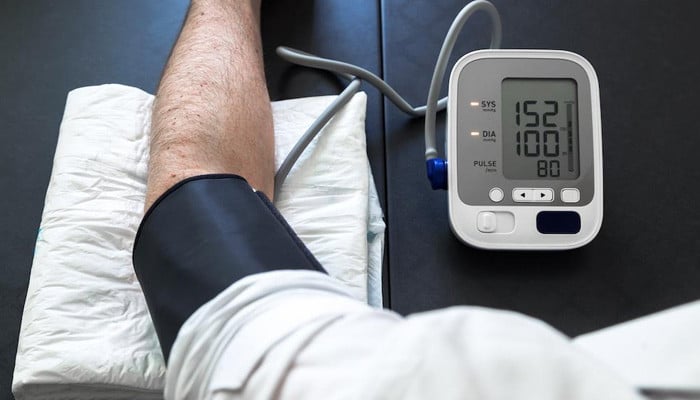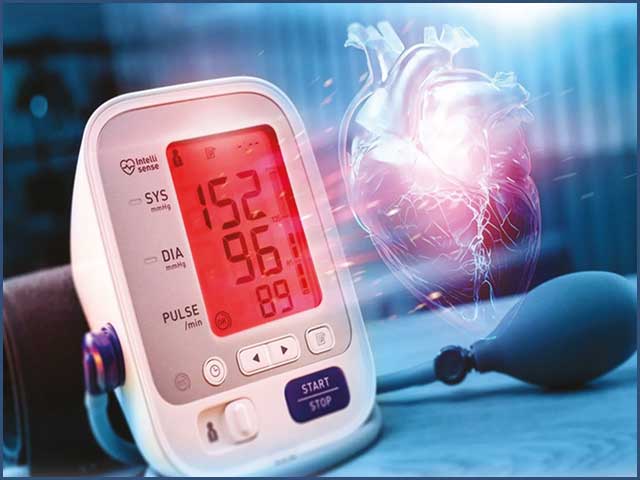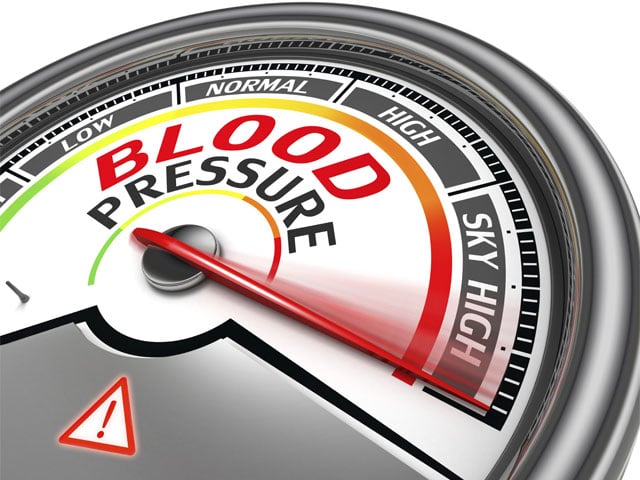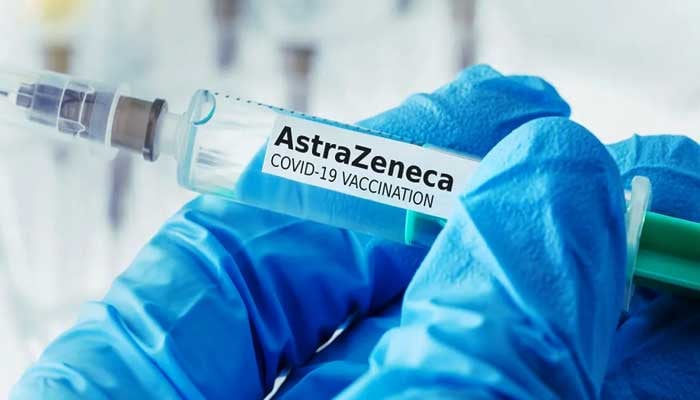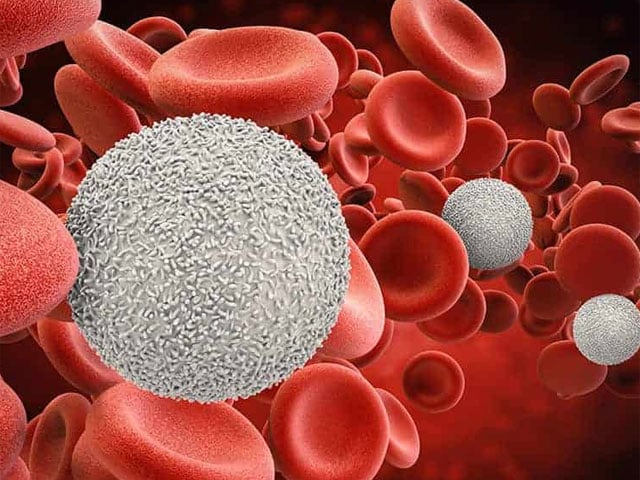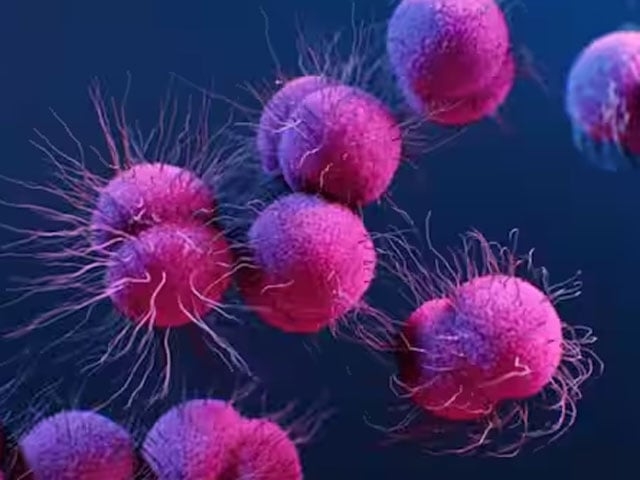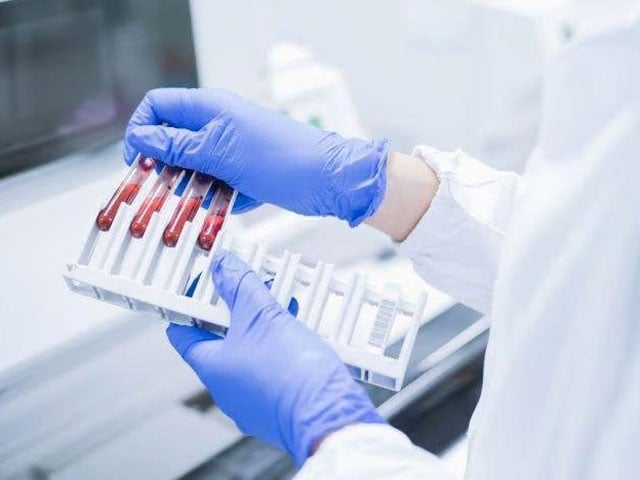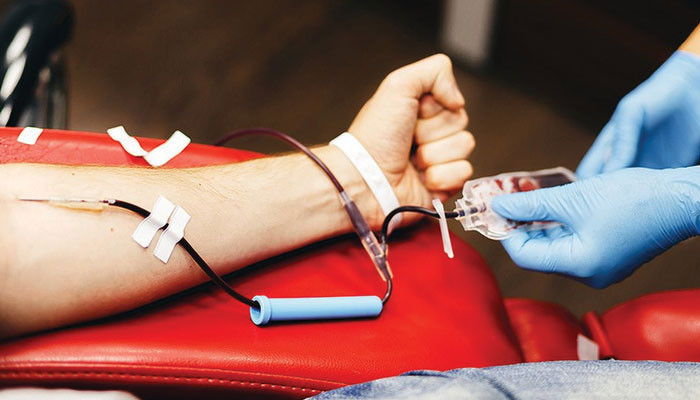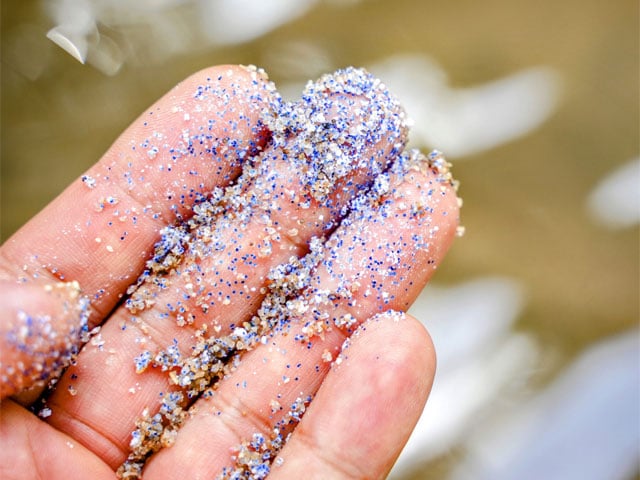
Fine particles of plastic in the blood are considered a risk for cardiovascular diseases
A study has found that the presence of fine plastic particles in the blood can increase the risk of cardiovascular diseases. According to this research published in the Medical Journal Environmental International, these fine particles found in human blood can be dangerous for human health. For the study, the researchers took blood samples from 20…


